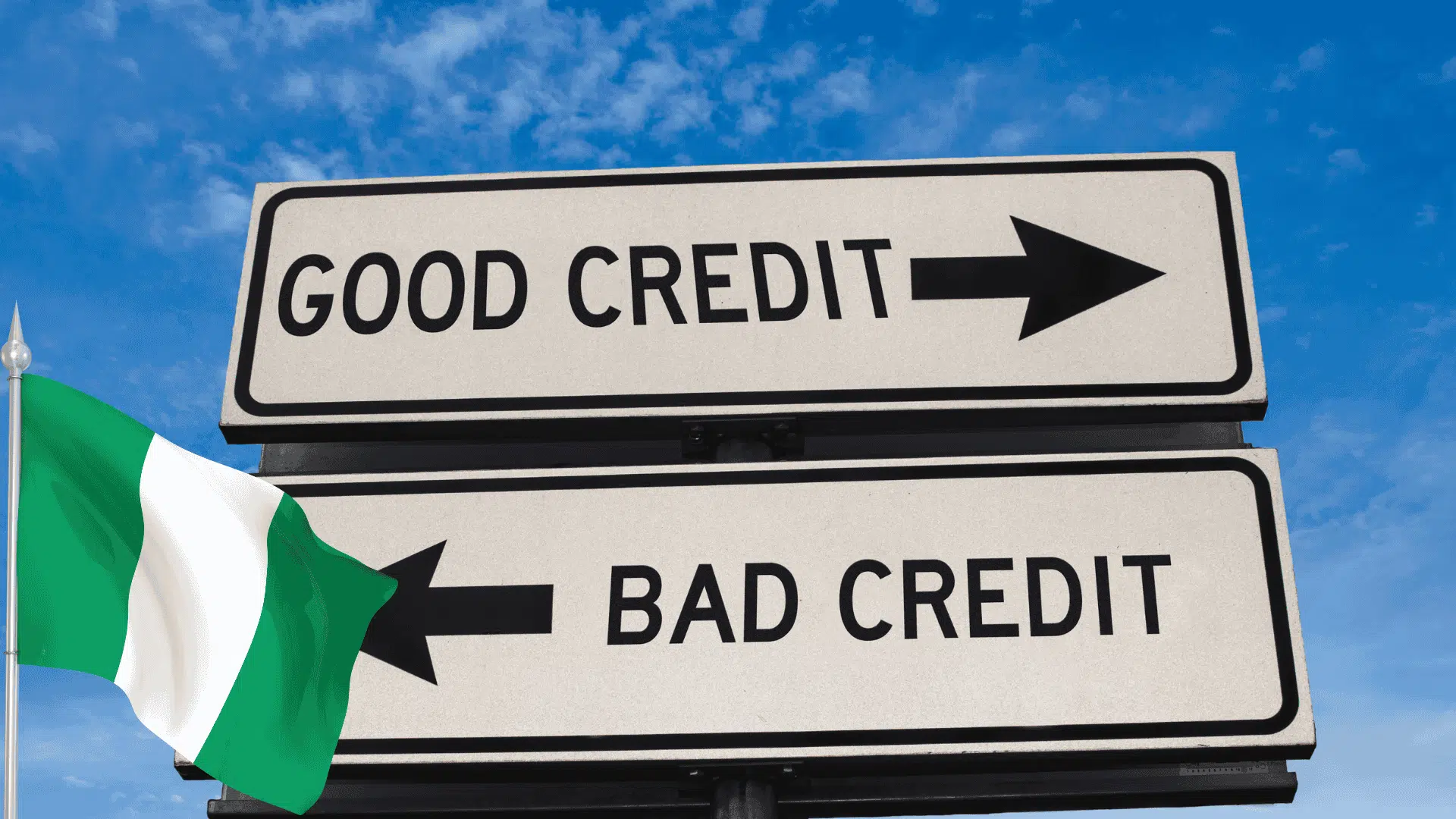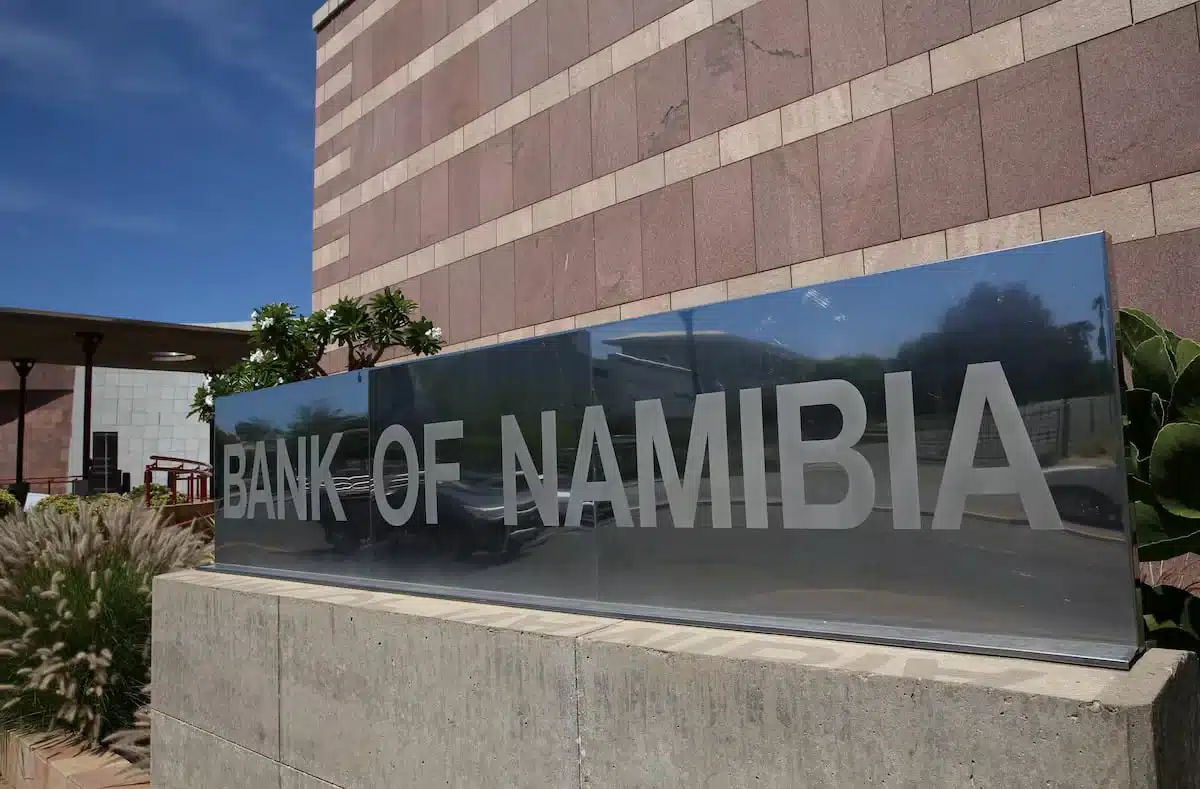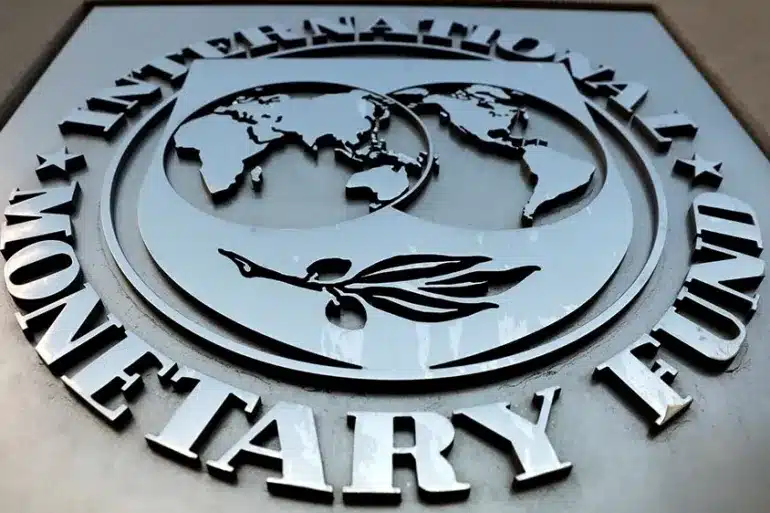Moody’s Investors Service has upgraded Nigeria’s credit rating from Caa1 to B3, showing early signs that the country’s economy and fiscal reforms are starting to improve. This is the first upgrade by Moody’s since 2019.
The agency also changed the outlook from positive to stable, meaning Nigeria is no longer at immediate risk of another downgrade, but challenges remain.
What is a credit rating, and why does it matter?
A credit rating is an independent score that indicates the likelihood of a country or company being able to repay its debts. Agencies like Moody’s look at things like economic growth, government finances, politics, and trade to give a rating using letters, for example, AAA (best) or Caa1 (risky).
A higher rating means lenders trust the borrower more, so borrowing costs less. Most African countries are ranked low, which has led to the proposed creation of an African credit rating agency.
Moody’s upgrade will, however, be a welcome development regardless.
External finances strengthen as reserves grow
Moody’s noted that Nigeria’s foreign exchange reserves have grown to about $41.2 billion as of May 2025 — up from $33 billion a year earlier. This follows the Central Bank’s unification of the exchange rate, allowing the naira to float more freely and easing the pressure on foreign currency demand.
Since then, the naira has stabilised around ₦1,586 to $1, which is a big improvement from the wild swings near ₦1,600 to $1 seen in early 2024. Nigeria’s current account deficit has also narrowed to about 1.2% of GDP, down from 3.5% in 2023, helped by stronger oil earnings and fewer imports.
Fiscal reforms reduce budget deficit
The government’s efforts to control spending and increase revenue are paying off. Removal of petrol subsidies is saving the country over ₦4.4 trillion a year, and the rollout of the TaxNet 2.0 digital system has increased tax collection by 18% year-on-year in the first quarter of 2025.
As a result, the federal budget deficit has dropped to about 4.5% of GDP from 6.1% in 2023. Public debt now stands at ₦97.3 trillion (about 40.1% of GDP), which is moderate compared to many other countries. However, Moody’s warns that over 65% of this domestic debt is short-term, which creates risks if interest rates rise or refinancing becomes difficult.
Inflation eases, but food prices stay high
Inflation has slowed to 18.3% in May 2025 from a peak of 33.7% in April 2024, thanks to tight monetary policy and a steadier exchange rate. Core inflation is 22.4%, while food inflation, which hits households hardest, remains high at 31.8%, due to insecurity in farming areas and costly transport.
The Central Bank of Nigeria keeps its benchmark interest rate at 24.75%, one of the highest in Africa, to keep inflation under control. “We are committed to bringing inflation to 15% by mid-2026,” said CBN Governor Olayemi Cardoso.
The upgrade has affected investor confidence. Nigeria’s Eurobond yields fell by over 130 basis points, and stock market inflows rose by 9.5% in May. Portfolio investment reached $1.2 billion in Q1 2025 — the highest since late 2021. Foreign direct investment remains low at $470 million but may grow if reforms continue.
Risks remain: weak structures and political uncertainty
Moody’s cautions that these gains are fragile. Non-oil revenue is still weak, making up less than 7.5% of GDP. Oil production averages 1.45 million barrels per day, below the OPEC quota of 1.8 million.
Institutional weaknesses, unpredictable rules, and inefficiencies keep some investors away. The 2027 elections could also slow reforms if populist pressures return.
“Without deeper changes — especially in agriculture, energy, and government — progress may not last,” warned Bismarck Rewane, CEO of Financial Derivatives Company.
Exchange rate: ₦1,586 per $1 (official rate as of 30 May 2025)










